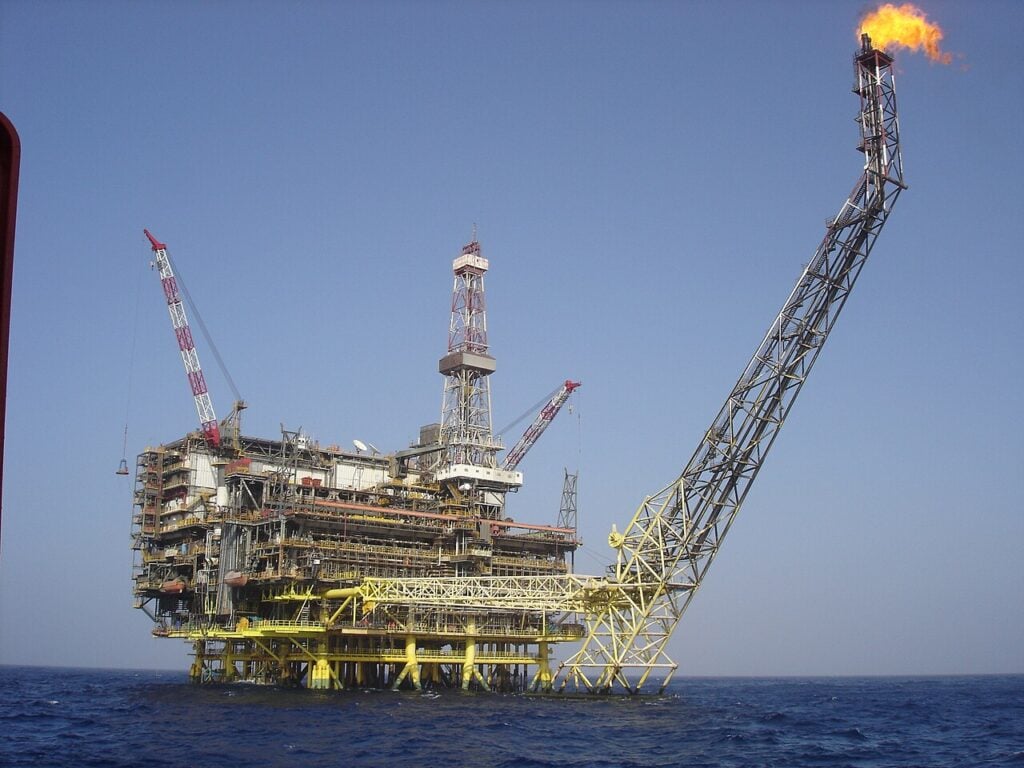

Greece’s Foreign Minister, Giorgos Gerapetritis, will travel to Libya on July 1st for talks over contested maritime boundaries and rising migration.
The visit follows Libya’s strong reaction to Greece’s international call for oil and gas exploration in the waters south of Crete.
Libya’s Government of National Accord (GNA) along with Turkey have delineated their continental shelf which violates a part of Greece’s continental shelf, specifically in the area southeast of the island of Crete.
At the same time, the Greek FM will discuss the rising of irregular migration from Libya to Greek coasts.
Gerapetritis will visit both Tripoli and Benghazi and reiterate Athens’ call for negotiations on maritime boundaries. Sources say that Greece is prepared to provide resources to help Libya combat the flow of migrants and break human trafficking networks.
The islands affected by Libya’s boundary delineation include Strofades, Sapienza, Schiza, Gavdos and Chrisi, because they don’t have a role in the drawing of maritime borders.
According to the Law of the Sea, Greece maintains that these islands must be factored into any agreement. Libya disagrees, arguing that the islands have no effect on the boundaries.
Relations between the two nations have been strained recently after Libya’s Government of National Accord and its rival administration designated by the House of Representatives in Tobruk opposed a Greek call for international oil and gas exploration licenses in waters south of Crete.

In 2019, Turkey and Libya’s GNA signed a memorandum of understanding which delineated a vast (200 nautical miles) Exclusive Economic Zone (EEZ) for both in the eastern Mediterranean. The agreement had been disputed and not recognized by Libya’s rival government, Greece, Cyprus and Egypt, potentially affecting their sovereignty at sea.
Greece considers the Turkish-Libyan GNA agreement null and void and has called on Libya to annul the deal. The European Council had expressly stated at the time that the agreement has no legal effect.
GNA’s opposition in Tobruk, called the agreement null and void. House Speaker, Aguila Saleh Issa, sent a letter to UN Secretary-General, António Guterres, describing the deal as “null and void”. Saleh argued that the agreement should be ratified by the Libyan Parliament, and that “Libya and Turkey do not have common maritime boundaries”
At the time, the United States had called the agreement “provocative” and a threat to the stability in the region.
Following Libya’s reaction to prospecting for oil and gas exploration southeast of Crete, Hellenic Ministry of Environment and Energy have countered Tripoli’s claims, stating that “Greece is actively exercising its sovereign rights with steadfast commitment to international law and the law of the sea.”
